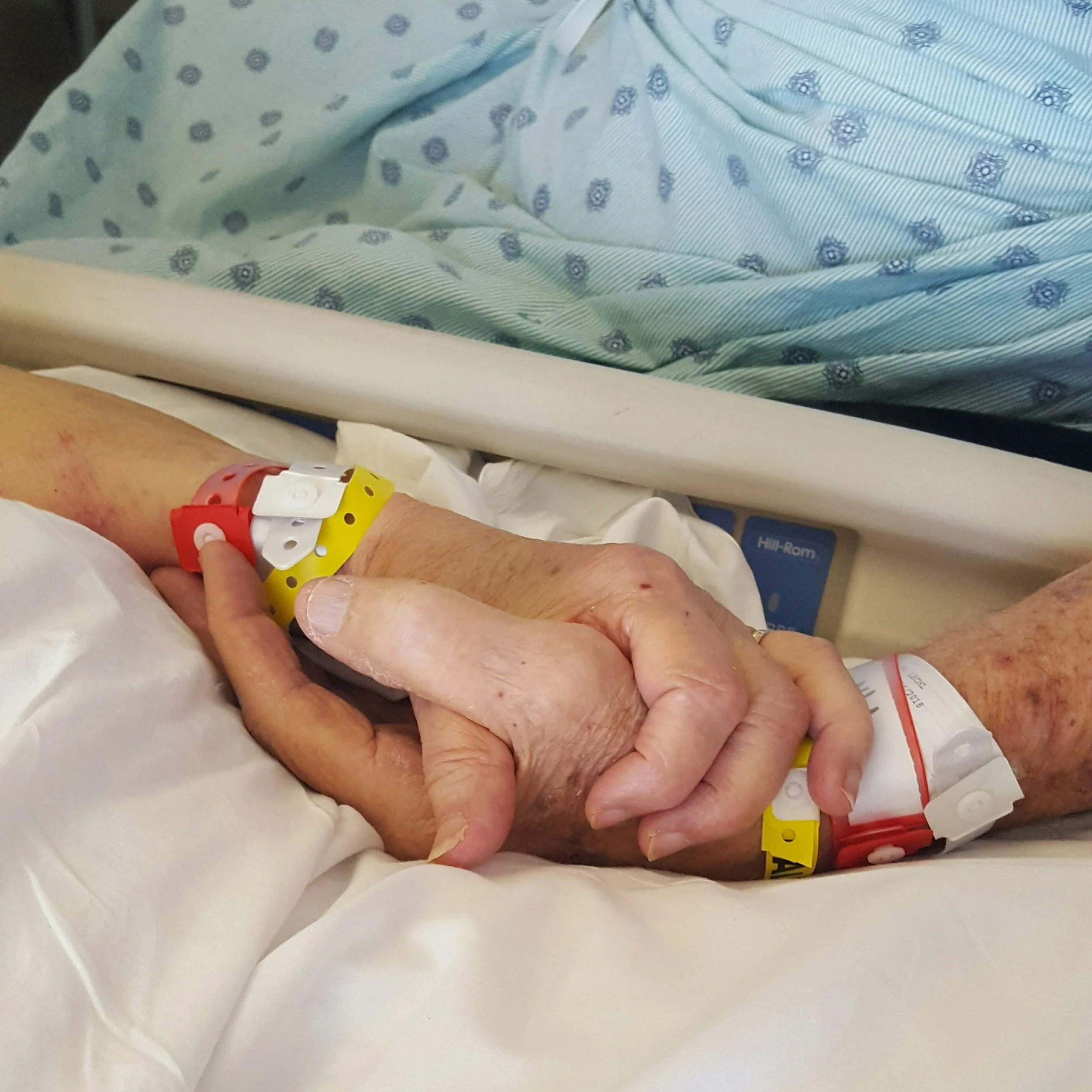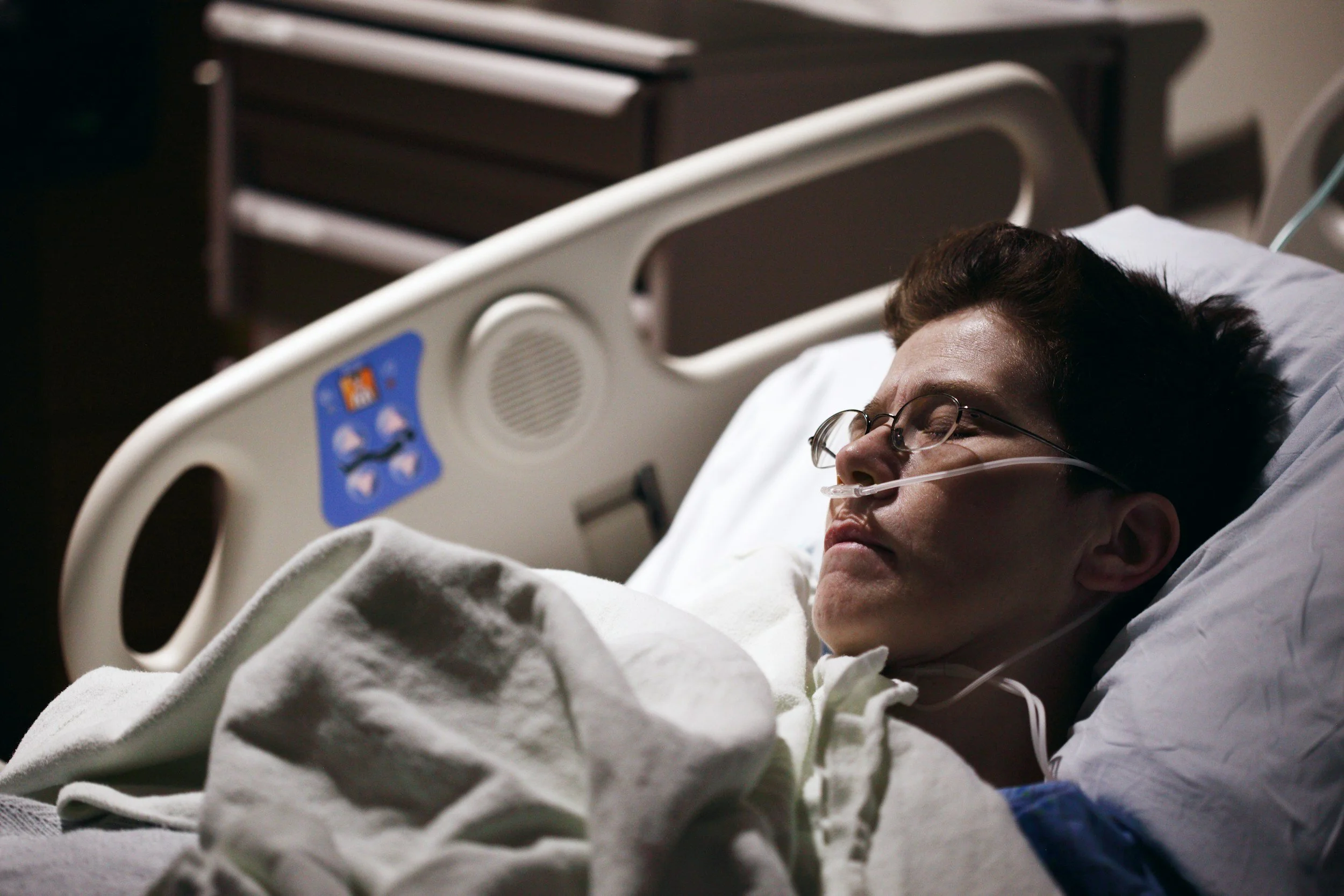The Dysphagia Expert

Curing the Chronic Cough
Is your patient struggling with a cough that won't stop despite clear lung scans? Learn how Behavioral Cough-Suppression Therapy retrains your nervous system to stop the cycle of refractory chronic cough without medication.


“Is This Safe?” Navigating the emotions behind dysphagia management
Learn why pursuing "zero risk" in dysphagia management can actually increase patient harm. This guide helps SLPs navigate family guilt, reframe aspiration risk, and align clinical recommendations with quality-of-life goals.

Wet Vocal Quality? Or is your ear playing tricks on you?
Is a wet vocal quality a reliable indicator of aspiration? Explore why relying on "gurgly" phonation during a clinical swallow evaluation can lead to unnecessary diet restrictions and why instrumental studies like VFSS are essential for dysphagia accuracy.

Strict NPO: Is It Doing More Harm Than Good?
Is Strict NPO doing more harm than good? Explore the ethical and clinical dilemma of dysphagia management. Learn about muscle atrophy, dry mouth, oral care, and alternatives to NPO status.

Dysphagia: What We Know, What We Don't Know, and What We Do From Here
Dysphagia research has gaps, but for SLPs, this is an opportunity, not a dead end. Explore the knowns—from essential oral care and swallowing exercises to the necessity of instrumental assessments (MBSS/FEES)—and the many unknowns in dysphagia management. Learn how to stay curious, collaborate, and creatively push the boundaries of evidence-based practice when the research is lacking.

Videofluoroscopy: How to ensure your study is more than just a snapshot
Transform your dysphagia practice. Learn why videofluoroscopy (VFSS/MBSS), demands standardized scoring (PAS, DIGEST, MBSImP) and advanced kinematic tools to overcome diagnostic gaps. This article details how moving beyond the 'practiced eye' and advocating for clinical standards elevates VFSS from an experienced guess to a truly objective, indispensable diagnostic tool for SLPs.

Treat the Patient, Not the Illness: An SLP's Stance on Temporary Dysphagia
When a 70-year-old patient has acute dysphagia, is a feeding tube the only choice? Read more to discover the high-stakes clinical dilemma of differentiating reversible, acute dysphagia (caused by sepsis/delirium) from long-term deficits. Learn the "Chicken or the Egg" principle and why resisting fear-based decisions saved this patient's independence.

A Case Study of Aspiration: What would you do?
Aspiration doesn't always mean NPO. Learn to distinguish harmless micro-aspiration from true pathological risk by analyzing patient factors like COPD, mobility, and cognition. Stop the fear. Read more!

From Sustaining Life to Honoring It: Redefining the SLP’s Role in End-of-Life Care
As an SLP, what do you do when traditional rehab goals (restore, recover) no longer apply? This article tackles the most difficult ethical dilemma in end of life care. Learn the crucial difference between Hospice, Palliative Care, and Rehabilitation. Discover how to shift your focus from sustaining life to honoring it by using an evidence-based, palliative approach to swallowing and nutrition. Master the communication tools needed to guide families toward comfort, dignity, and making choices that truly align with the patient’s final wishes.

Over-treatment in Dysphagia: Why Less is More
Essentialist SLP: Stop Over-Treating Dysphagia. Learn to cut through the clinical chaos and complex protocols to focus on the 'vital few' interventions that truly improve patient outcomes and quality of life. This deep dive challenges the efficacy of thickened liquids and examines the ethical use of feeding tubes in complex cases like late-stage Alzheimer's.

Transitional Solids: The key to getting your patient off puree?
Transitional Foods (TFs): Safely bridge patients off puree diets. Learn how SLPs can use high-dissolving solids (like crackers and crisps) to improve compliance, quality of life, and re-teach chewing skills for adults with dysphagia, without increasing aspiration risk. Discover the evidence and the IDDSI test to safely transition your patients.

High-Flow Nasal Cannula, BiPAP, or Venturi: What Every SLP Must Know Before Recommending PO
Unsure when a patient's oxygen support (high flow nasal cannula, BiPAP, Venturi mask) makes swallowing unsafe? This essential guide breaks down how flow rate and FiO2 affect breathing-swallowing coordination and aspiration risk. Learn the key factors to confidently decide on PO status.

When Everyone is Responsible, No One Is: Is your team making your job harder?
When 'everyone is responsible' for patient care tasks like oral hygiene, no one is. Learn how the powerful Bystander Effect creates dangerous gaps in healthcare accountability, leading to missed vital care. Discover practical strategies for healthcare professionals, including SLPs, to overcome the diffusion of responsibility and improve patient safety.

NPO Except Meds: Navigating the Toughest Clinical Calls in Dysphagia Management
Is "NPO except for medications" a safe recommendation? This article dives into the complex clinical reasoning for dysphagia management, weighing aspiration risks against urgent medical needs and advocating for a collaborative, patient-centered approach.

Small Efforts, Big Results: The power of leverage in dysphagia
Maximize your clinical impact as a speech pathologist. Discover how applying the principle of leverage—small inputs for asymmetrical outputs—can transform dysphagia management, improve patient outcomes, and bring your practice to excellence.

The "A-Word": Using the PAS scale to tell a story
Co-written with Dr. James Coyle PhD, CCC-SLP, BCS-S, ASHA Fellow, challenges common misconceptions about aspiration in dysphagia. It advocates for moving beyond the "aspirator" label and fear-based practices like unnecessary NPO recommendations. The article provides a nuanced look at using the Penetration-Aspiration Scale (PAS) correctly, redefines aspiration as a risk factor to be managed rather than a sole diagnosis, and promotes a patient-centered, rehabilitative approach over restrictive measures. This resource is essential for clinicians seeking to enhance their understanding of swallowing function and provide more effective, compassionate care.

From Conflict to Collaboration: How to win friends and influence patients
Explore how interdisciplinary teamwork and effective communication, inspired by Dale Carnegie, can prevent medical errors and improve patient outcomes. Learn from a real-life case of a 78-year-old with dysphagia, stroke, and COPD, and discover strategies for building rapport and ensuring patient safety in complex medical scenarios

Mucus Management: How to lose the ooze and improve swallowing
As a Med SLP, do you know the "thick and dirty" on mucus management? This guide unpacks why misbehaving mucus can pose serious health risks for dysphagia patients and how SLPs can lead a collaborative, evidence-based approach to improve swallowing.

Weaning Off the Tube: It’s Not as Simple as It Seems
Ending feeding tube dependence is a huge step, but is the patient getting enough nutrition afterward? Learn why careful monitoring is vital and how a systematic approach can prevent malnutrition and ensure a safe, successful return to oral eating.